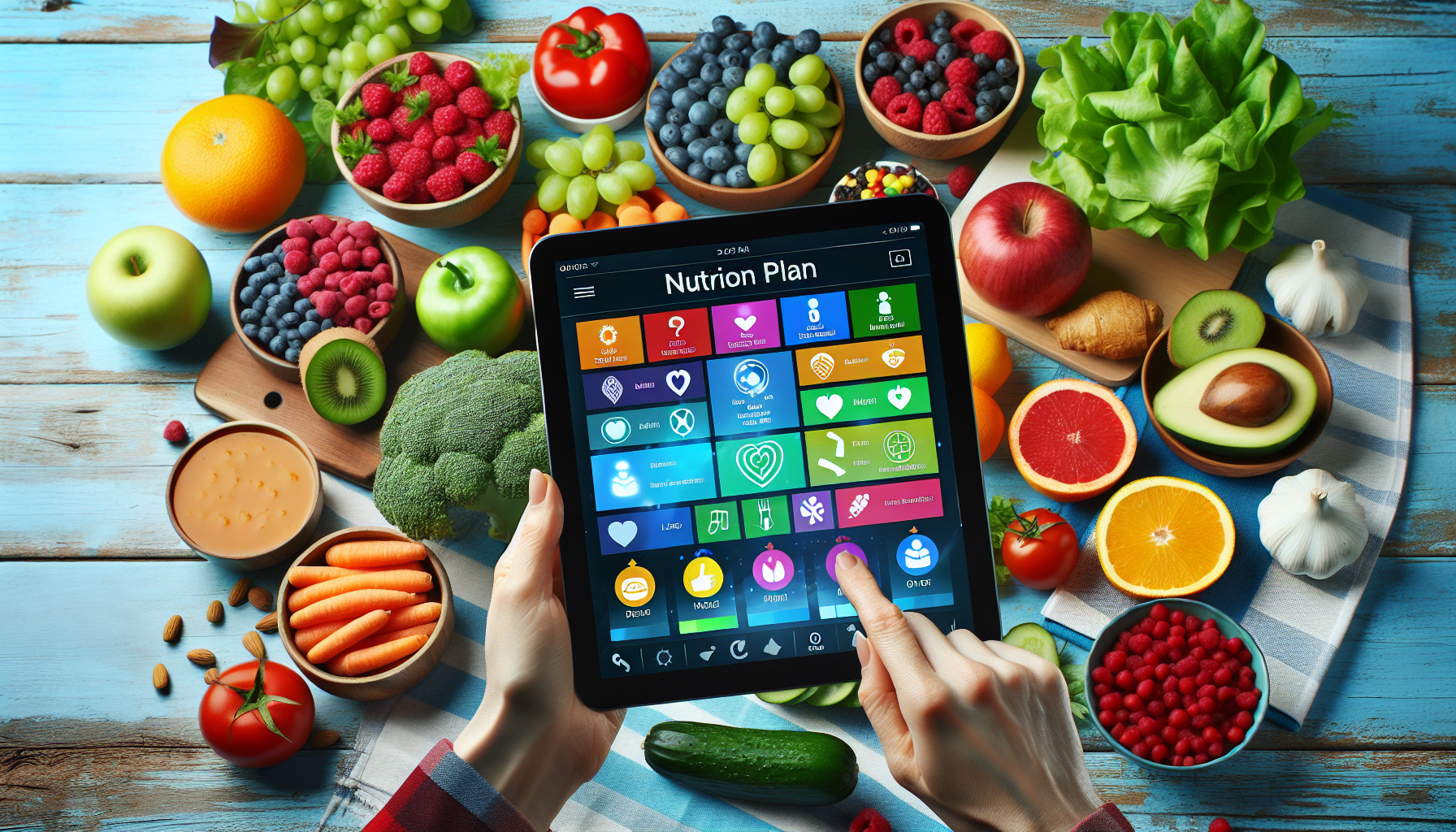In the pursuit of fitness, exercise often takes center stage, but what we fuel our bodies with is equally crucial. Nutrition is the foundation upon which our fitness rests. Proper nutrition is not just about eating less or cutting out certain food groups; it's about understanding how different foods can complement your workout and support your fitness journey. Here, we delve into expert nutrition guidance to enhance your workout and foster healthy eating habits.
Firstly, it’s essential to recognize the symbiotic relationship between exercise and nutrition. Exercise increases nutrient demands and metabolic rates, making it crucial to consume foods that can sustain energy levels and aid in recovery. A balanced intake of macronutrients—carbohydrates, proteins, and fats—is vital. Carbohydrates, for instance, are your body's main source of energy, especially for high-intensity workouts. Consuming complex carbohydrates such as whole grains, fruits, and vegetables provides the sustained energy necessary for prolonged physical activity.
Proteins, on the other hand, play a crucial role in muscle repair and growth. They provide the amino acids needed to rebuild muscles that break down during workouts. By including lean proteins such as chicken, fish, beans, and legumes in your diet, you can support muscle recovery and growth. Timing is also critical; consuming protein within 30 minutes to two hours post-workout can significantly enhance recovery.
Healthy fats, though often misunderstood, are also essential in a balanced diet. They are important for hormone regulation, including hormones such as testosterone which are involved in muscle growth. Including sources of healthy fats like avocados, nuts, seeds, and olive oil can provide long-term energy and must be a part of any fitness-focused diet.
Hydration is another critical aspect of supporting your fitness routine through nutrition. Water is involved in every metabolic process in your body and even mild dehydration can impair physical performance. It's crucial to drink water before, during, and after exercise to maintain optimum hydration levels.
Moreover, micronutrients, which include vitamins and minerals, should not be overlooked. They play various roles in energy production and muscle contraction. Consuming a wide array of colorful fruits and vegetables can help ensure that you're getting these essential nutrients.
Supplementation can sometimes help in bridging nutritional gaps, but it isn't necessary for everyone. Natural whole foods should always be your first option. However, if you're unable to meet your nutritional needs through food alone or have specific deficiencies, consulting a nutritionist about supplements can be beneficial.
Finally, it's important to personalize your nutrition plan. Everyone’s body responds differently to certain foods, and nutritional needs can vary based on factors like age, gender, weight, and the type of exercise performed. Working with a nutrition expert can help tailor a nutrition plan that matches your specific fitness goals and lifestyle.
In conclusion, achieving optimal fitness involves more than just working out; it's about aligning your dietary choices with your exercise regime. This holistic approach not only supports your workouts but also fosters long-lasting healthy eating habits, ultimately leading to a more robust and resilient body. Prioritize balanced meals, hydration, and personalized nutrition strategies to make the most out of your fitness journey. Remember, in nutrition just as in fitness, consistency is key.
